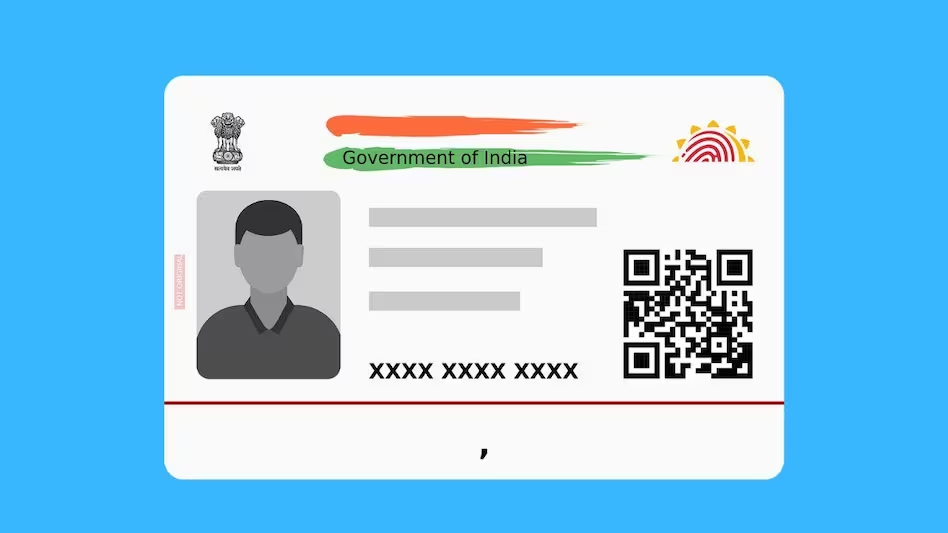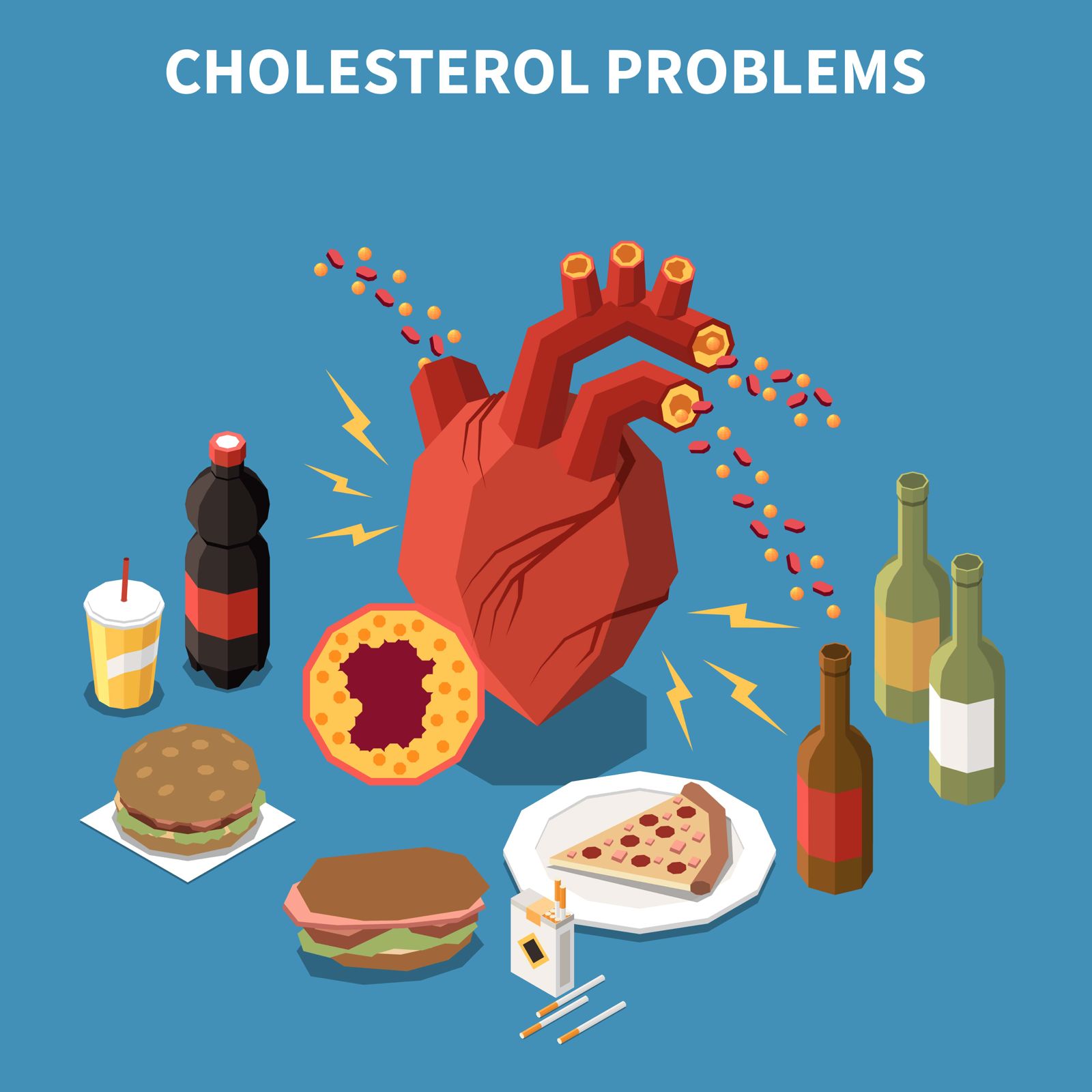

Hot Tea Linked to Cancer Risk: How to Sip Safely in 2025
Millions of Indians start their day with a hot cup of tea. It is comforting and part of daily life. Recent research warns that drinking tea at very high temperatures may increase cancer risk.
Why Temperature Matters
Studies show that the temperature of tea is more important than the tea itself. Drinking beverages above 65–70°C can damage the lining of the esophagus. Repeated damage may increase the risk of esophageal cancer.
In India, tea is often served piping hot. Many people sip immediately after boiling. This exposes the throat and esophagus to repeated heat stress. Over time, this can be harmful.
How to Reduce Risk
You do not need to stop drinking tea. You only need to drink it at a safer temperature. Follow these tips:
- Wait a few minutes after pouring tea. Aim for 55–60°C.
- Use a wider cup. Heat escapes faster.
- Sip slowly, do not gulp.
- Limit sugar and additives. Excess sugar raises other health risks.
Hot Tea and Health Risks Table
| Risk Factor | Effect | Advice |
|---|---|---|
| Tea above 70°C | Esophagus lining damage | Let tea cool to 55–60°C before drinking |
| Excess sugar | Weight gain, diabetes | Use minimal sugar |
| Smoking or alcohol | Increases cancer risk | Avoid or reduce use |
These steps make tea safer without losing its taste or comfort.
Cultural Notes
In many Indian households, tea is part of hospitality. Regional habits vary. Some sip immediately; others wait. Awareness of temperature can protect health without changing culture.
People also enjoy chai stalls on streets. Tea there is usually very hot. Being mindful and letting it cool before drinking is a simple precaution.
Did You Know?
The World Health Organization classifies very hot beverages as “probably carcinogenic”. Tea below 60°C is safe and still gives antioxidants.
Final Word
Tea itself is not dangerous. It is the temperature that matters most. Letting tea cool slightly protects your throat. Sip slowly and enjoy it safely. Small changes make your daily tea ritual healthy.










